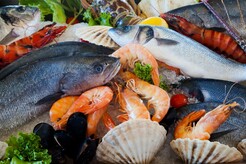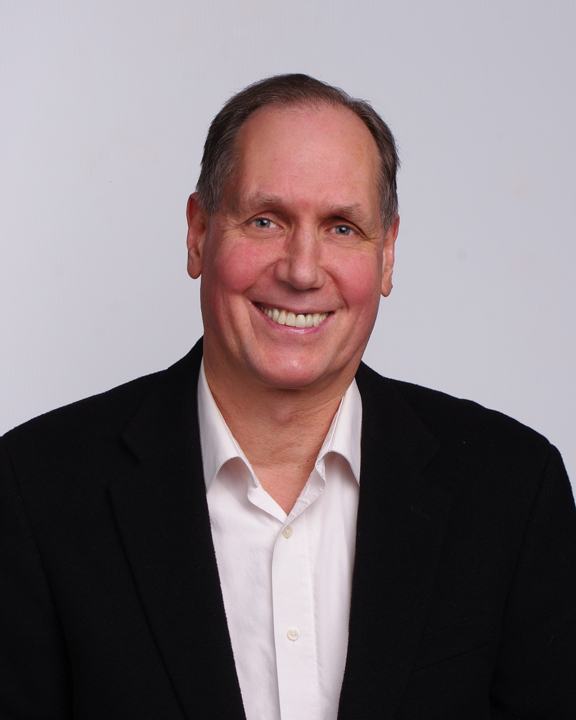
Other groups of people that are at a higher risk for zinc deficiency include vegetarians and vegans, endurance athletes, alcoholics, people with gastrointestinal diseases, those who over-consume iron supplements, and people taking diuretic medications. The good news is if people consume enough foods high in zinc, they can prevent inadequate zinc levels.
In developing countries, zinc deficiency may affect as many as 50-70 percent of the population. The WHO estimate is that two billion people have zinc deficiency.
What about the United States? We have found that in the elderly population, 30 percent have zinc deficiency. For this reason, they have immune dysfunction, they are oxidatively stressed, and they also generate increased amounts of inflammatory cytokines. Zinc deficiency is common among pregnant women, Hispanics in many parts of the U.S and has been found in black Americans.
My experience is that this deficiency is common among people eating restrictive health food diets that cut out major categories of food and in people who diet or practice restrictive eating for various reasons. 93 percent of the population are on diets so a zinc deficiency is probably more common than thought. Zinc rich foods are often high in fat. People who are too health conscious of fat or dieting might not get enough in their diet.
A deficiency of zinc throws off the taste buds and may cut the appetite. This makes food not as appealing and delicious as it should be. People who are undereating calories on restrictive diets for health or weight loss often don’t eat adequate zinc rich foods.
Zinc is known as the intelligence mineral so that if one does take in enough zinc, it can interfere with many aspects of life including correct food and diet choices.
Zinc has many key benefits to the body including: promotes eye health, enhances immune function, promotes wound healing, balances hormones and supports reproductive health, promotes muscle growth and repair, aids in nutrient absorption, and promotes heart health.
Zinc is highest and most absorbable from natural animal foods including grass fed beef, lamb, oysters, seafood and some organ meats. Vegetarians and vegans would do best to get zinc from supplements as the highest source of zinc from pumpkin seeds is not good to eat in excess because of the polyunsaturated fats in pumpkins seeds that slow the metabolism.
https://www.fsis.usda.gov/wps/wcm/connect/8c78c3bc-4647-4e20-96ee-17a2ad90728f/Pork_Lamb_Nutrition_Facts.pdf?MOD=AJPERES
https://www.ncbi.nlm.nih.gov/pmc/articles/PMC3693724/
https://www.ncbi.nlm.nih.gov/pubmed/23775705
https://www.ncbi.nlm.nih.gov/pubmed/17244314
https://www.ncbi.nlm.nih.gov/pubmed/20950764
https://lpi.oregonstate.edu/mic/minerals/zinc#food-sources



 RSS Feed
RSS Feed